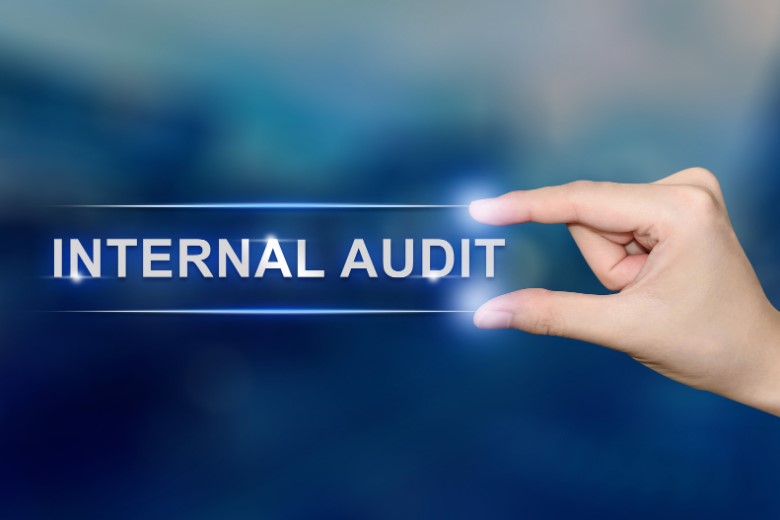
Internal NDIS audits are crucial to maintaining compliance and ensuring the effectiveness of services provided under the National Disability Insurance Scheme (NDIS). Conducting thorough and effective internal audits helps NDIS providers identify areas for improvement, mitigate risks, and enhance overall service quality. Here are some best practices to ensure your NDIS internal audits are as effective as possible:
1. Develop a Clear Audit Plan
Developing a comprehensive audit plan is essential before initiating an internal audit. This plan should outline the scope, objectives, and audit criteria. Key elements to include are:
- Specific areas to be audited
- Timeline and schedule
- Roles and responsibilities of audit team members
- Audit methods and tools to be used
Check out the Compliance Management System, which has been through over 150 NDIS Audits, and assisted people to understand where the gaps in their corporate and service delivery areas exist and how to fix them going forward.
2. Assemble a Competent Audit Team
The success of an internal audit largely depends on the skills and expertise of the audit team. Ensure the team comprises individuals who understand the NDIS standards, policies, and procedures.
3. Engage Stakeholders
Engage with staff, participants, and other stakeholders to gather comprehensive insights and perspectives. This can help identify potential issues and areas for improvement that may not be immediately apparent.
4. Conduct Thorough Documentation Review
Reviewing documentation is a crucial aspect of the audit process. Ensure that all relevant records, policies, and procedures are thoroughly examined. This includes participant files, service agreements, incident reports, and staff induction and training records. Accurate and up-to-date documentation is essential for demonstrating compliance with NDIS standards.
5. Perform On-Site Visits and Observations
On-site visits and direct observations provide valuable insights into implementing comprehensive policies and procedures. During these visits, observe service delivery, interview staff, and participants, and assess the physical environment.
6. Analyse and Report Findings
Once the audit is complete, analyse the findings to identify patterns, trends, and root causes of any issues. Prepare a clear, concise, and actionable audit report that highlights key findings, areas of non-compliance, and recommendations for improvement.
7. Implement Corrective Actions
The audit process does not end with the report. Develop and implement a plan to address the identified issues and recommendations. Assign responsibilities, set deadlines, and monitor progress to ensure that corrective actions are effectively carried out.
By following these best practices, NDIS providers can conduct effective internal audits that drive compliance, enhance service quality, and improve participant outcomes. Regular and thorough internal audits are essential for maintaining the integrity and success of NDIS services.
Not ready for your next audit? Book an NDIS consulting if you need compliance, operational and governance-related advice and guidance.
